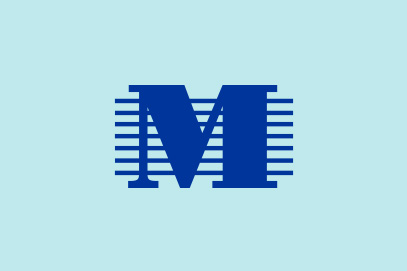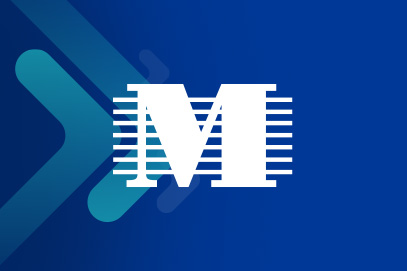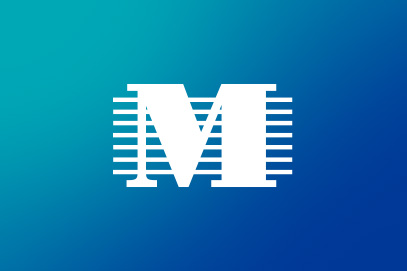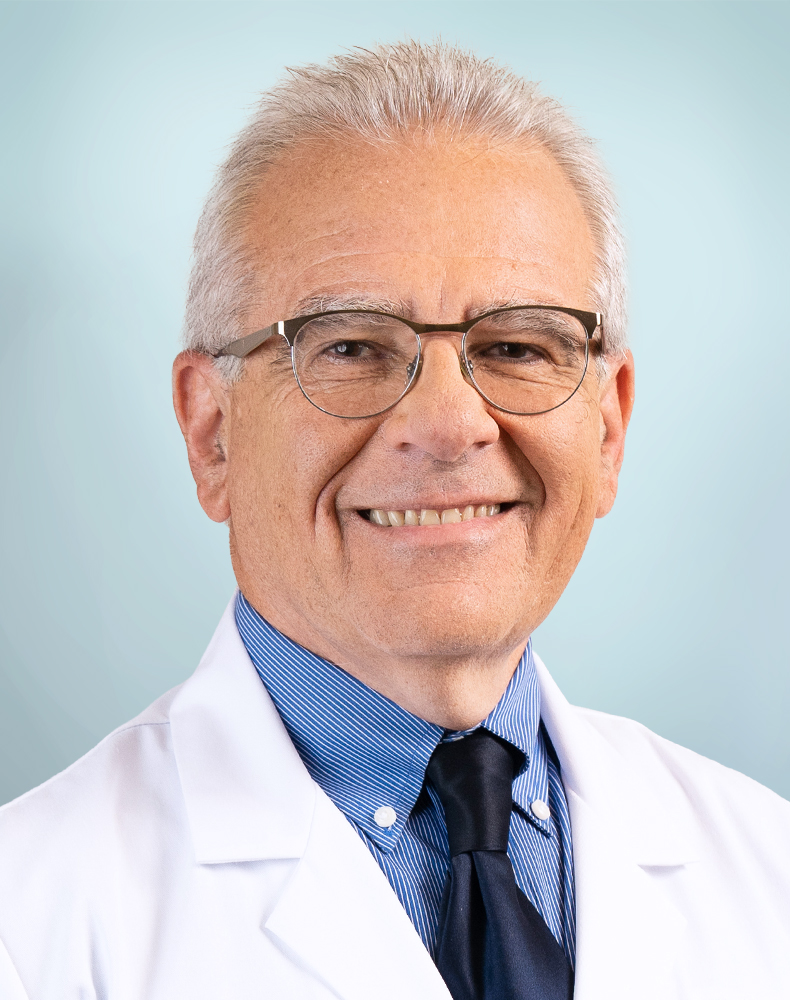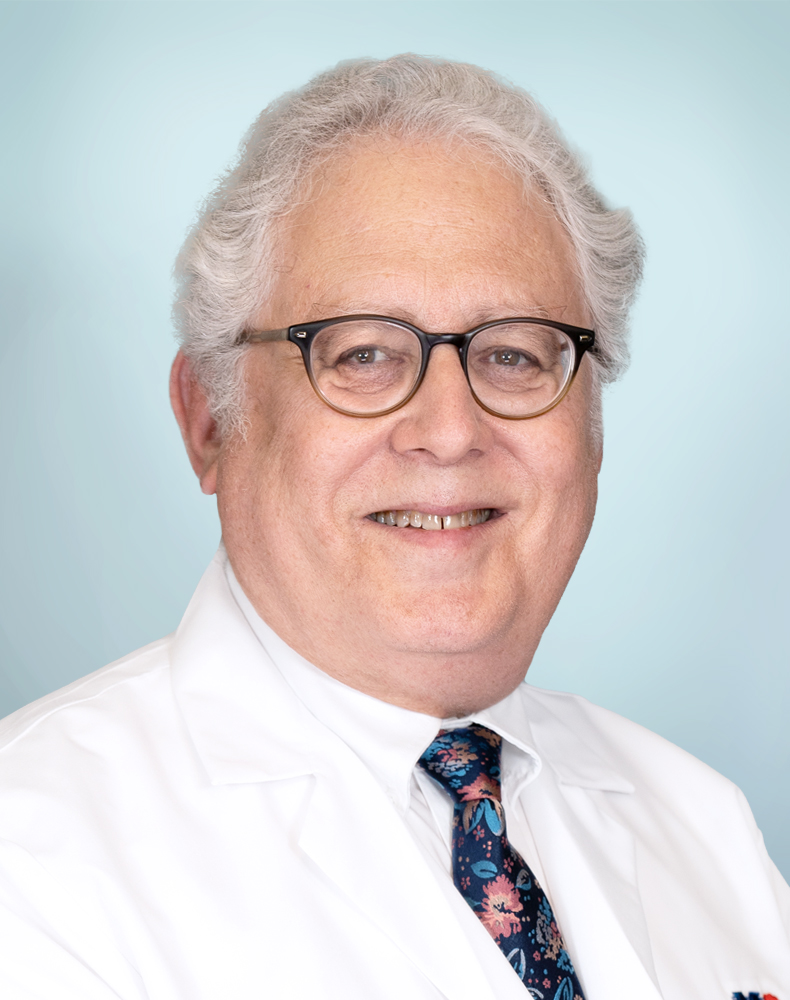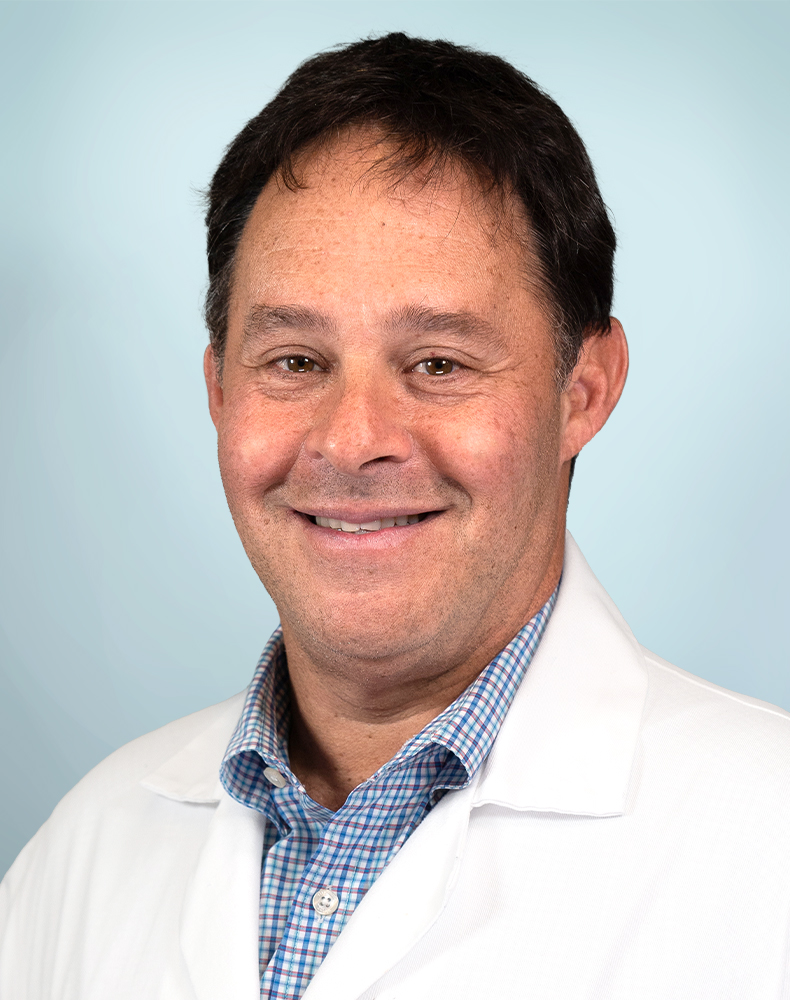Sleep Disorders
Explore Sleep Disorders We Treat
To Schedule a New Appointment or a Follow-Up Visit, Call:
954-276-1925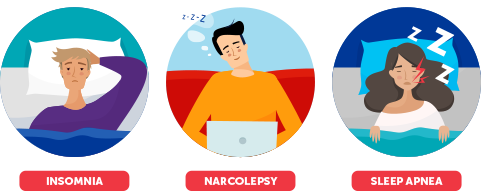
Maybe you have excessive daytime sleepiness. Perhaps your partner has told you that you snore or stop breathing overnight. You should not delay seeking treatment from a specialist.
Sleep disorders can have serious consequences for health, well-being, safety and productivity. They also are associated with life-threatening disease later in life, such as depression, heart disease and stroke.
A pulmonologist can determine the cause of your sleep disorder and design a plan to help restore rest and wellness. The pulmonologists at Memorial Healthcare System specialize in sleep studies and sleep medicine. They have decades of experience diagnosing and treating common disorders, including:
- Sleep apnea, a disorder that interrupts breathing repeatedly during sleep.
- Narcolepsy, (also called hypersomnolence) a condition that causes overwhelming sleepiness during the day — patients can’t stay awake and may fall asleep very suddenly.
Diagnosing Sleep Disorders
Only a sleep study can definitively diagnose a sleep disorder with tests performed in a lab with special conditions and equipment.
Memorial Healthcare System has an on-site Sleep Medicine Center accredited by the American Academy of Sleep Medicine.
At the sleep center, our pulmonologists and sleep technicians offer a variety of methods to diagnose sleep disorders:
Before or in addition to a sleep study, our team may use sleep questionnaires to better understand your symptoms, sleep habits, and daily challenges. These tools help us screen for specific sleep disorders and determine whether further testing is needed.
One of the most widely used is the Epworth Sleepiness Scale (ESS). This simple questionnaire measures your level of daytime sleepiness by asking how likely you are to doze off during everyday situations, such as watching TV, sitting quietly, or riding in a car.
- A low score suggests normal levels of alertness.
- A higher score may indicate excessive daytime sleepiness, often linked to conditions like sleep apnea, narcolepsy, or insomnia.
Other questionnaires we may use include sleep diaries, insomnia severity indexes, and restless legs screening tools. These help us build a complete picture of your sleep health before creating a personalized treatment plan.
Epworth Sleepiness Scale
Please rate how likely you are to doze off in the following situations:
Scoring: 0 = would never doze, 1 = slight chance, 2 = moderate chance, 3 = high chance.
- Sitting and reading
- Watching TV
- Sitting inactive in a public place (e.g., theater or meeting)
- As a passenger in a car for an hour without a break
- Lying down to rest in the afternoon
- Sitting and talking to someone
- Sitting quietly after lunch without alcohol
- In a car, while stopped for a few minutes in traffic
Instructions: For each situation above, write down your score (0–3) and then add them together to get your total (maximum score = 24).
How to Interpret Your Score
- 0–9: Normal range of daytime sleepiness
- 10–12: Mild excessive daytime sleepiness
- 13–16: Moderate excessive sleepiness (may suggest a sleep disorder)
- 17–24: Severe excessive sleepiness (medical evaluation strongly recommended)
What Your Score Means
If your Epworth Sleepiness Scale score is 10 or higher, it may be a sign of a sleep disorder such as sleep apnea, narcolepsy, or chronic insomnia.
Don’t ignore the warning signs, quality sleep is essential for your overall health.
Call to Schedule a sleep consultation today to discuss your results with our sleep specialists and learn about next steps for testing and treatment at 954-276-1925.
To Schedule a New Appointment or a Follow-Up Visit, Call:
954-276-1925
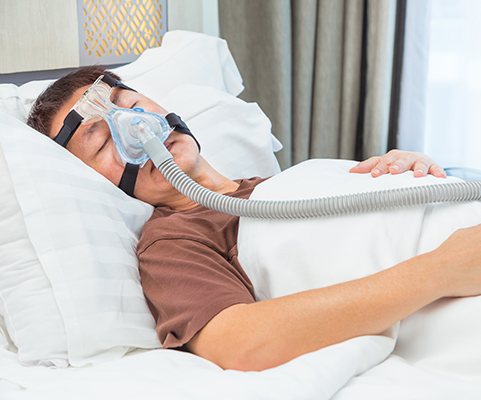
Treating Sleep Disorders
Sleep apnea is the most common sleep disorder we treat. Usually, treatment is the use of a continuous positive airway pressure device, called a CPAP machine. While you sleep, a machine supplies airway pressure through a mask worn over your nose and mouth.
Treatments plans for sleep disorders may also include:
- Oral appliances that help keep the jaw and tongue in proper position to keep the airway open
- Medicines to promote wakefulness in patients with narcolepsy
- Sleep hygiene education to teach you good sleep habits
Constant Support at Our Sleep Medicine Center
To be effective, CPAP machines and masks must be precisely fitted and maintained. Many patients struggle to find the right fit, so they don’t use their equipment as they should and don’t get the benefits.
Our sleep center is on-site, right next to our office. Sleep technicians are available overnight and during regular office hours. That means you have a resource to find the most comfortable options. This helps you stick with your treatment so you can continue to get much-needed rest.

